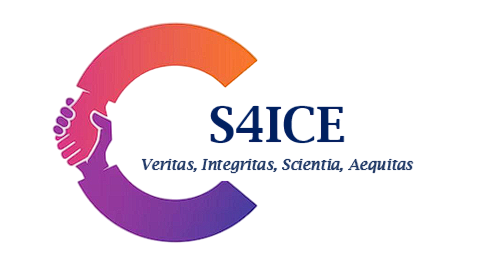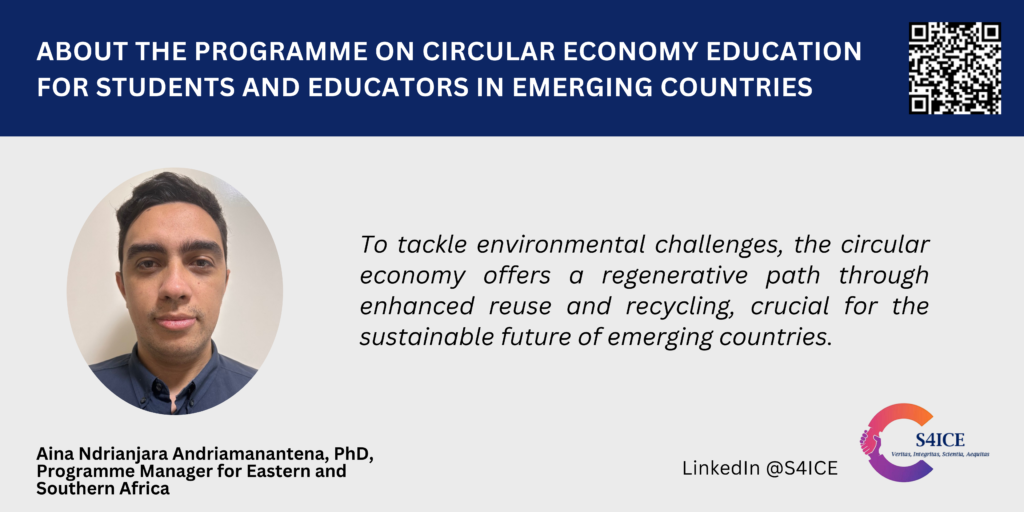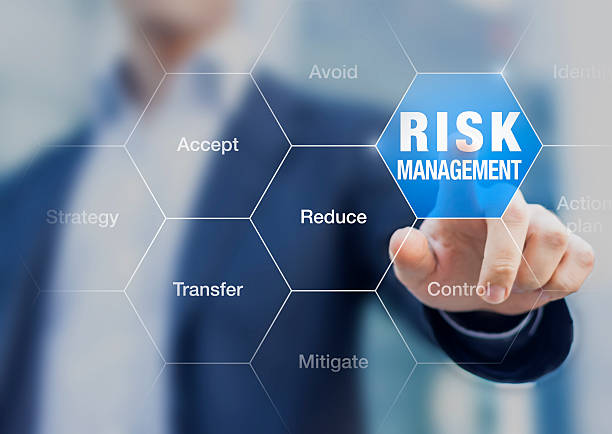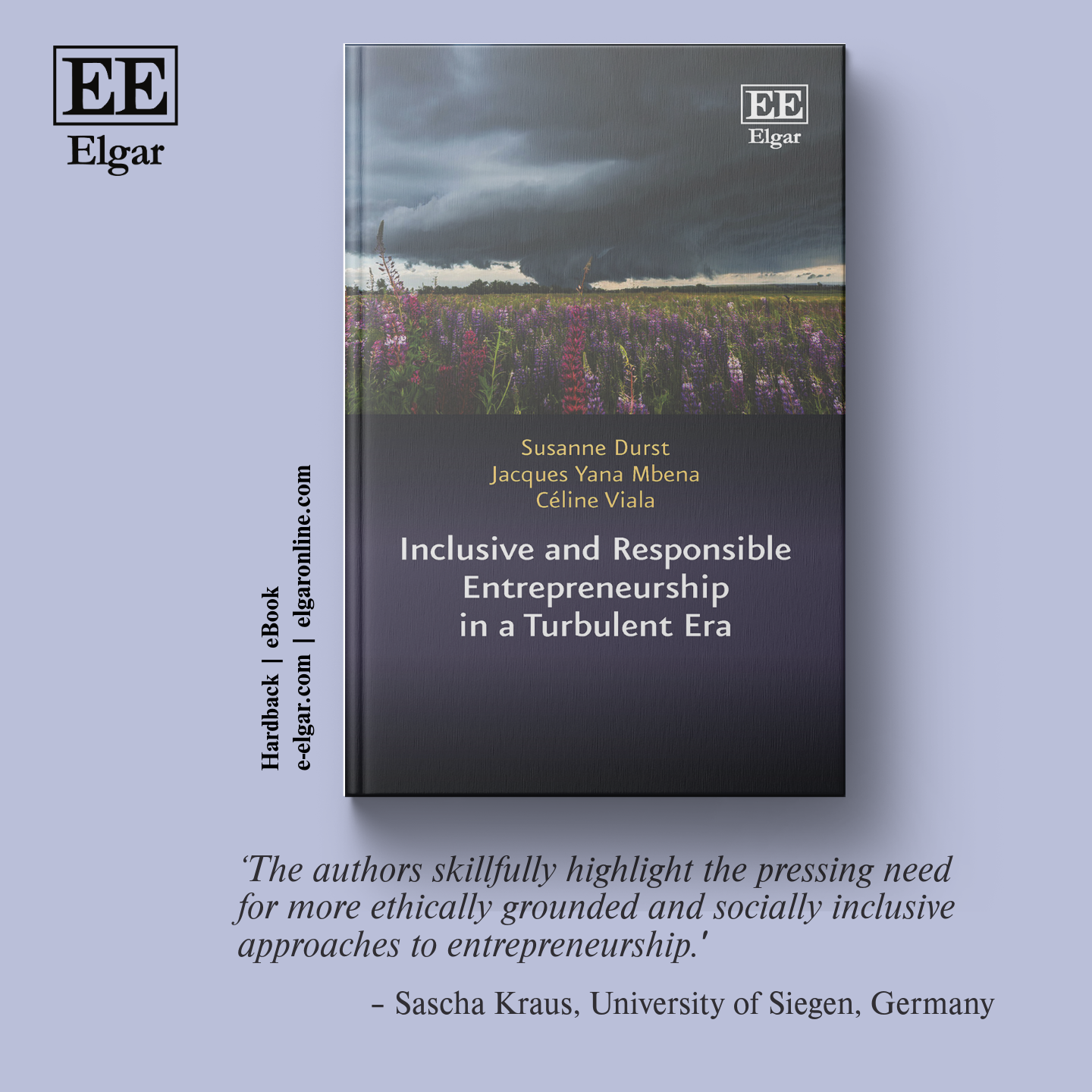Project Proposal: Circular Economy Education for Students and Educators in Emerging Countries: the case of Madagascar.
Emerging countries face critical challenges in managing resources and achieving sustainable development. The traditional linear economy model that exacerbates issues such as resource depletion, pollution, and waste management is no longer viable. Transitioning to a circular economy, a regenerative system that emphasizes reuse, recycling, and sustainable resource management is essential. Education is pivotal in this transformation. This project outlines an initiative to integrate circular economy principles into the educational systems of emerging countries, targeting students and educators to foster the foundation of a generation equipped to drive sustainable growth and innovation.
Project purpose
1) Develop circular economy curriculum: Create and implement specific educational modules on circular economy principles tailored to the needs of emerging countries.
2) Empower educators: Train educators to effectively teach circular economy concepts and foster a culture of sustainability in their classrooms.
3) Engage students: Equip students with the knowledge and skills to practice and advocate for circular economy principles in their communities.
4) Promote community involvement: Encourage community-wide participation in circular economy practices through educational outreach.
Project target audience
Students: Primary, secondary, and tertiary level students who will be the future drivers of sustainable development.
Educators: Teachers and professors who can integrate circular economy principles into their teaching methodologies.
Communities: Local communities that can benefit from sustainable practices and support a circular economy mindset.
Project Methodology
Curriculum Development: Develop comprehensive, culturally relevant modules on circular economy topics such as waste management, resource efficiency, recycling, and sustainable product design. Align content with existing educational standards and tailor it to the specific needs and contexts of emerging countries.
Educator Training: Conduct workshops and training sessions for educators to provide them with the knowledge, resources, and tools to teach circular economy principles effectively.
Create a network of trained educators to support ongoing collaboration and sharing of best practices.
Project limitations and delimitations
Limitations: infrastructure challenges, cultural barriers, educator engagement.
Delimitations: emerging countries in Africa, the initiative will target primary, secondary, and tertiary educational levels.
Project results
Student Engagement: Implement interactive and hands-on learning experiences, such as recycling projects, eco-design challenges, and sustainability clubs.
Foster critical thinking and problem-solving skills by encouraging students to develop innovative solutions to real-world environmental challenges.
Community Outreach: community events, campaigns to raise awareness about the benefits of a circular economy and engage local residents in sustainable practices.
Collaboration with local businesses, NGOs, and government agencies to support community-based circular economy initiatives.
Project implications
Environment implications: Reduced waste and pollution, increased awareness and advocacy.
Social implications: empowered communities, enhanced educational outcomes, improved quality of life
Educational implications: curriculum innovation, long-term educational impact
Future endeavors and venues
Future endeavors: Expansion to additional emerging countries, integration of digital learning platforms, community-led sustainability projects.
Venues for expansion: rural and underserved areas, educational conferences and forums.
Conclusion
The “Circular Economy Education Initiative for Emerging Countries” aims to create a sustainable future by integrating circular economy principles into the educational systems. By targeting students and educators, this project will empower the next generation with the knowledge and skills to drive sustainable development.
The English version is the original version.




